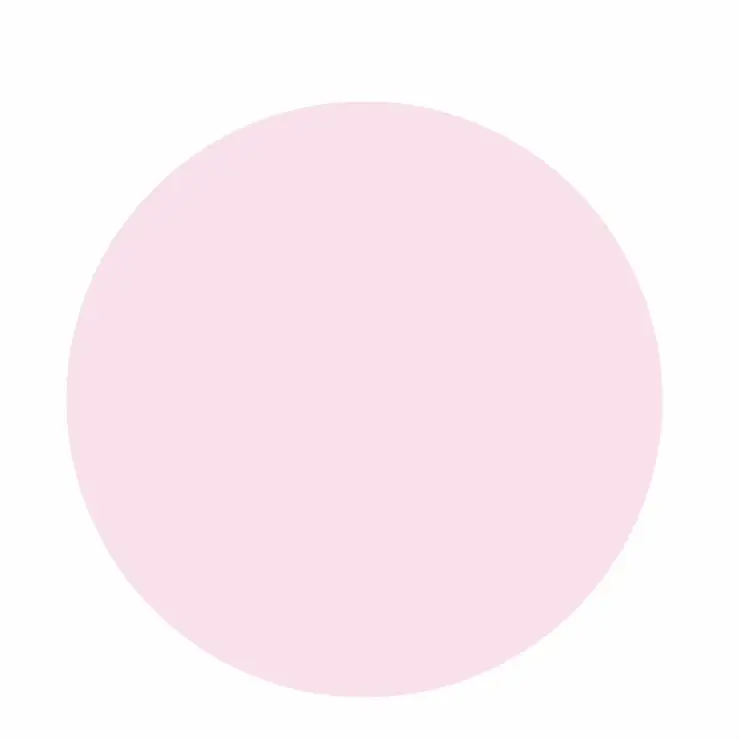-
#1 Recommended Plan
1. AT&T Speeds Up To300 MbpsIn rare cases, if your usage is contributing to congestion on the network, AT&T will greatly reduce your speed for a min. of 30 min.Connection: 5G InternetAvailability: 38.8%Why AT&T? AT&T Internet Air makes buying internet easy for customers by offering one plan with straightforward pricing and reliable 5G speeds. -
2. T-Mobile Download Speeds:87 Mbps - 415 MbpsRely, All-In, and Amplified Internet plans can experience fast speeds with T-Mobile’s latest 5G gateway, delivering typical download speeds between 133 Mbps – 415 Mbps. 25% of our customers see speeds below and 25% see speeds above these ranges. T-Mobile Home Internet is delivered via 5G cellular network and speeds vary due to factors affecting cellular networks. See https://t-mobile.com/OpenInternet for additional details.Connection: 5G InternetAvailability: 75.4%
Internet Providers in Devils Lake, ND
Refine your search for better results:
Best Internet Providers in Devils Lake, ND
In Devils Lake, North Dakota, the North Dakota Telephone Company stands out for its superior fiber internet service. It offers speeds up to 1 Gbps and boasts 100% coverage across the city. Although the starting price of $59.95 per month is higher compared to some other options, the speed and reliability justify the cost for those needing fast, dependable internet. Verizon and Hughesnet also provide viable choices for residents. Verizon’s 5G service offers speeds up to 50 Mbps and covers 48.10% of Devils Lake. Starting at $50 per month, it balances speed and cost well, though its coverage is limited. Hughesnet uses satellite technology to ensure nearly universal coverage at 99.90%. It provides speeds up to 100 Mbps with a starting price of $49.99 per month. While satellite connections can have higher latency, Hughesnet serves those in remote areas who need wide coverage and reasonable speeds.In Devils Lake, North Dakota, the North Dakota Telephone Company stands out for its superior fiber internet service. It offers speeds up to 1 Gbps and boasts 100% coverage across the city. Although the starting price of $59.95 per month is higher compared to some other options, the speed and reliability justify the cost for those needing fast, dependable internet.
Verizon and Hughesnet also provide viable choices for residents. Verizon’s 5G service offers speeds up to 50 Mbps and covers 48.10% of Devils Lake. Starting at $50 per month, it balances speed and cost well, though its coverage is limited. Hughesnet uses satellite technology to ensure nearly universal coverage at 99.90%. It provides speeds up to 100 Mbps with a starting price of $49.99 per month. While satellite connections can have higher latency, Hughesnet serves those in remote areas who need wide coverage and reasonable speeds.
What’s a Good Internet Speed?
| Internet Speed | Appropriate For | Providers in your Area offering this Speed | Availability in your Area |
|---|---|---|---|
| 100 Mbps |
|
|
100% |
| 1000 Mbps (1 Gbps) |
|
|
94.53% |
Learn more about internet speeds:
Internet Coverage Map and Store Locations for Devils Lake, North Dakota
Provider Connection Types in Devils Lake, ND
| Connection Type | About this Connection Type | Availability in Devils Lake, ND |
|---|---|---|
| Satellite |
|
100% |
| DSL |
|
0.1% |
| Cable |
|
66.14% |
| Fiber |
|
60.51% |
Internet Providers in Devils Lake, ND
| Provider | Plans Starting At | Speeds Up To | Connections | |
|---|---|---|---|---|
| AT&T Internet Air | $60/mo Prices may vary depending on the plan | 300 Mbps In rare cases, if your usage is contributing to congestion on the network, AT&T will greatly reduce your speed for a min. of 30 min. | 5G Internet | |
| Verizon 5G Home Internet | $35/mo Prices may vary depending on the plan | 300 Mbps Not all internet speeds available in all areas. | 5G Internet | |
| XNET WiFi | $65/mo Prices may vary depending on the plan | 2 Gbps Not all internet speeds available in all areas. | Fixed Wireless | |
| Midco | $39/mo Prices may vary depending on the plan | 1 Gbps Not all internet speeds available in all areas. | Cable | |
| North Dakota Telephone Company | $59.95/mo Prices may vary depending on the plan | 1 Gbps Not all internet speeds available in all areas. | Fiber | |
| Starlink | $49/mo Prices may vary depending on the plan | 350 Mbps Not all internet speeds available in all areas. | Satellite | |
| Hughesnet | $39.99/mo Prices may vary depending on the plan | 100 Mbps Not all internet speeds available in all areas. | Satellite |
Are you a journalist or researcher writing about this topic?
Contact us and we'll connect you with a broadband market expert on our team who can provide insights and data to support your work.










